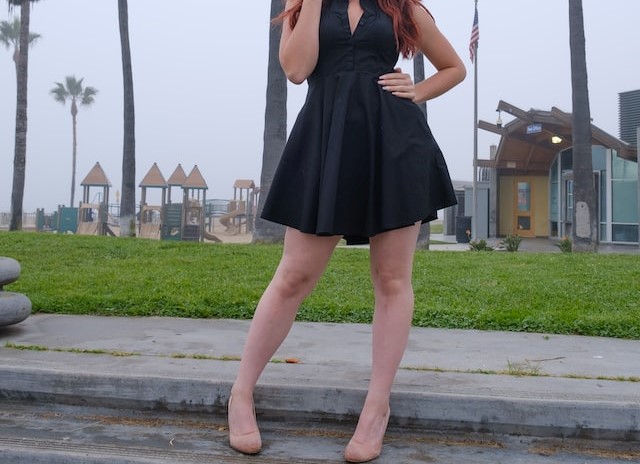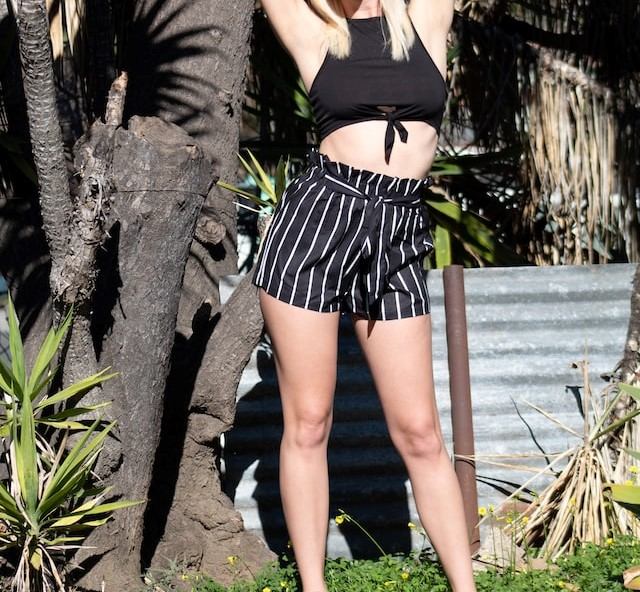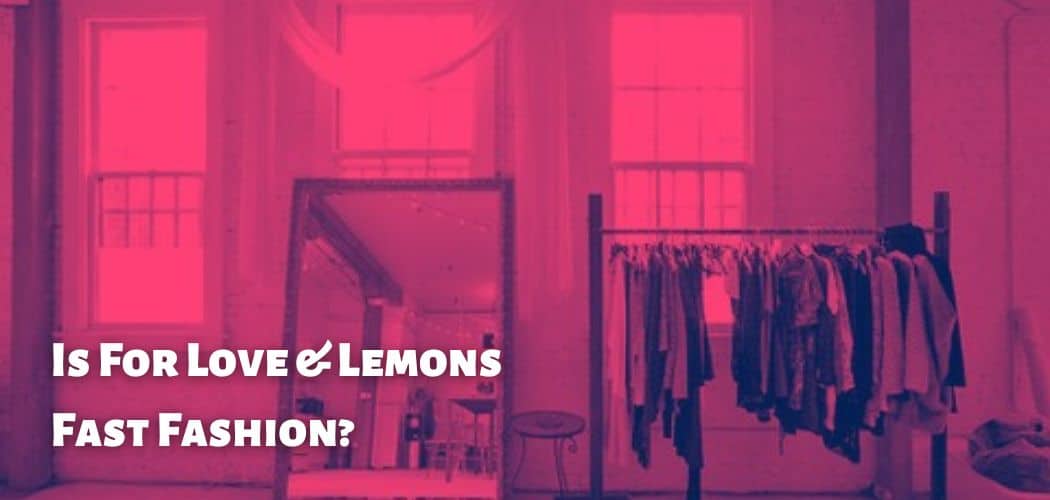Sustainable fashion is based on the impact of the clothing industry on the environment.
It preserves the environment’s natural equilibrium without jeopardizing future generations’ well-being.
If you’re seeking environmentally friendly apparel, opt for natural fabrics like recycled cotton and pure hemp.
Even if a commodity is green or eco-friendly, it is not really sustainable in the sense that you may believe.
Fast fashion, which is far from sustainable, makes up the majority of today’s fashion.
Many fashion retailers produce new compilations every few weeks, thereby depleting natural resources.
Meanwhile, unsold clothing is thrown into landfills, leading to the release of greenhouse gases into the sky.
Decomposition of textile garments can take hundreds of years, and this process produces methane gas, which is a more destructive greenhouse gas compared to carbon dioxide.
As a result, more heat is trapped on Earth, prompting the average annual temperature to rise.

Ethical fashion is concerned with the workplace conditions of workers who manufacture clothing and other products at all stages of the supply chain.
It entails ensuring that workers have safe and equitable working conditions, including equal pay and treatment.
In a nutshell, it focuses on human rights and the abolition of underage and slave labor. It also takes animal welfare into account, therefore ethical fashion can be vegan-friendly.
Slow fashion promotes less consumption and manufacturing, emphasizing on substance over style or worrying over trends, and addressing the extensive product lifecycle in a more comprehensive perspective.
It pushes us to be more deliberate and cautious about our purchases, allowing us to build a more permanent style that can be donned for any occasion.
One such fashion brand For Love & Lemons, was founded using Australian fashion as inspiration.
The founders define their clothing line as rebellious against current societal standards and anything but conventional.
Why is it called For Love & Lemons?
In 1996, For Love & Lemons began as a modest lemonade stall in a small Wyoming farm community. Founders Laura Hall and Gillian Kern became best friends at age 11 and have remained that way since then.
The founders’ childhood lemonade stall and their decades-long friendship inspired them to name their brand For Love & Lemons.
Who is the owner of For Love & Lemons?
For Love & Lemons’ founders are Gillian Kern and Laura Hall. They have been decades-long best friends, who went to college in Australia.
Laura Hall moved to Whoming when she was 12, where she met Gillian Kern. Laura went to the University of Colarado and obtained a degree in business while Gillian got her fashion degree from FIDM.

They went to Australia for their internships and were inspired by the quirky fashion trends in the land down under. After returning to Wyoming, they started their own fashion line which eventually turned into a huge brand.
Where Are For Love & Lemons clothes made?
On their website, For Love & Lemons representatives state that they have never used sweatshops for their production.
In their production plant in Suzhou, China, they manufacture all of their Ready-to-Wear, Knitwear, Swim, and a percentage of their Lingerie products.
As oer the website, it is held to high standards to guarantee that it is clean, runs efficiently, and pays its employees fairly and provides a pleasant working environment.
They choose to manufacture in China because it has more advanced technology possibilities for generating the highly intricate design aspects that they want to include in their collections.
These include hand-drawn embroideries, appliqués, and unique lace construction.
You can read more about this on their website: Inside our Factories
Is For Love & Lemons ethical?
The environmental rating for For Love and Lemons is deemed insufficient. In this category, it receives a 2 out of 5 rating.
Organic cotton is one of the very few eco-friendly fabrics used. There is no evidence that its supply chain reduces carbon and other greenhouse gas emissions.
It does not appear to have taken any significant steps to decrease or remove harmful substances. There is no record that it takes measures for water conservation.
Its labour rating is rated at 3 out of 5. For Love & Lemons does not seem to have a clearly defined Code of Conduct, but it does have a formal declaration outlining workers’ rights.

Its final phase of mass-production is sourced from regions with a significant risk of worker abuse. Additionally, there is no confirmation that it pays a livable wage to employees in its production unit.
It traces only a portion of its supply chain, as well as the entire final step of production. It conducts audits of parts of its supply chain, including the final step of manufacturing.
For Love & Lemons also uses exotic animal fur, leather and skins. There is no information available regarding where it sources these from.
Nonetheless, For Love & Lemons just stated that it is stepping up its sustainability efforts.
Sustainability is Beautiful, a summertime line made entirely of recycled materials, was just unveiled. Crop tops, tiny dresses, and midi dresses are all part of the collection.
The company will also abandon plastic packaging in favour of compostable alternatives. Working with more environmentally friendly fabric merchants and mills is another measure.

You can read more about the measures they are undertaking here: Sustainability – For Love & Lemons
For Love & Lemons may not be a typical fast fashion brand, but it needs to increase its transparency regarding its supply chain and labour conditions.
Fast fashion, which is far from sustainable, makes up the majority of today’s fashion. Many retail chains produce new styles every few weeks, thereby depleting natural resources.
The era of sustainable and slow fashion is just around the corner.
